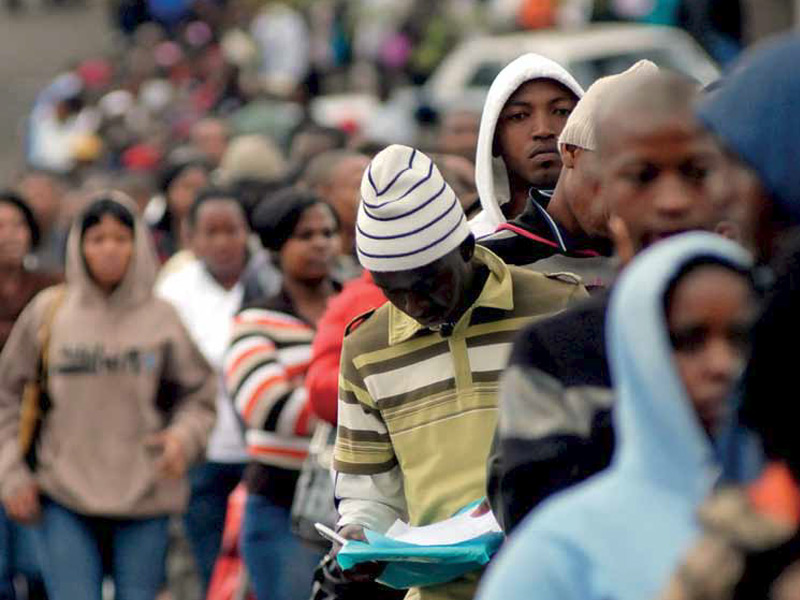Key Points:

- Youth unemployment is a national crisis that must be addressed. In 2011 almost three quarters (72%) of South Africa’s 4,4 million unemployed workers were younger than the age of 30.
- Government’s proposed wage subsidy for young people has attracted a great deal of attention. The logic of this idea is that employers will be encouraged to employ more young and inexperienced workers if the costs of doing so are subsidised and, by getting inexperienced young people into jobs, it would enable them to acquire skills which will raise their productivity. This is why the Treasury proposes that the subsidy would be offered for only the first two years of employment.
- There is a strong case for instituting wage subsidies in South Africa. Promoting employment would generate far more inclusivity than increasing welfare payments. At an appropriate level, these subsidies could also stimulate significant employment creation. There is good evidence from countries as diverse as the United States, Belgium and Singapore that wage subsidies do encourage employment and help to reduce poverty. Nonetheless, there were a number of concerns about the introduction of a wage subsidy
- Two of the most significant concerns are that a wage subsidy would do nothing to address the current regulatory regime, which plays a key role in raising the costs of employment, especially of unskilled and inexperienced workers; and that the Treasury’s proposal was too small to impact significantly on South Africa’s unemployment crisis or on the politics of reforming the labour market.
- However, If the Treasury’s estimates are correct, and the subsidy would increase employment levels by 133 000 at an overall cost of R37 000 per job, it would use public funds more efficiently than some other interventions.



